
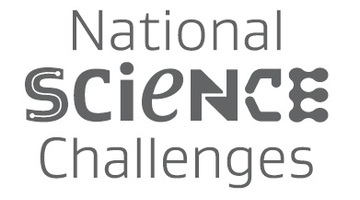
As New Zealanders looking to the future, we are faced with many opportunities – and challenges. These include improving the health of all our people, advancing our economic growth, protecting our ...
READ MORE

Observing and asking questions are essential parts of what a scientist does. Through their observations, scientists try to build more accurate explanations of how the world works. The scientists ...
READ MORE

Position: Former Research Scientist, NIWA. Currently Expedition leader Field: Atmospheric chemistry Dr Katja Riedel was a research scientist with NIWA and, at present, is based in Wellington. She ...
READ MORE

This activity requires access to two Internet sites: a carbon emissions calculator and a school emissions calculator. Students can use the online calculator to calculate and compare the amount of ...
READ MORE

In this activity, students use a plastic soda bottle to make and test the temperature of a bottle ‘greenhouse’ and demonstrate how light energy is transformed into heat energy. By the end of this ...
READ MORE

Do you think that the space industry is limited to astronauts and billionaires? If so, you need to think again! You can have so many careers in aerospace. If you look at what most astronauts do ...
READ MORE

This citizen science project wants your assistance to extract information from various climate scientific graphics to help combat misinformation and support scientific communication. Using this ...
READ MORE
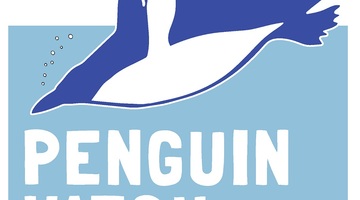
Help scientists establish valuable baseline data about the numbers, locations, habits and health of penguins in a range of Southern Ocean sites. This information will enable better understanding ...
READ MORE
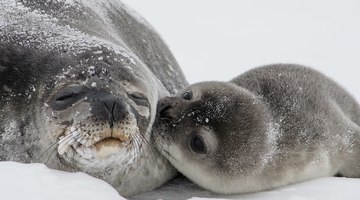
Weddell seals and orca are among the top predators in the Ross Sea region of Antarctica, and more than half of the Weddell seal population can be found in the Ross Sea. Information about changes ...
READ MORE

In this online PD session recorded on 2 June 2016, Andrea Soanes from the Science Learning Hub was joined by three guest presenters – all inspirational women working in STEM – who shared their ...
READ MORE
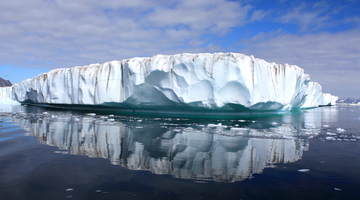
Climate change is one of the world’s big issues. It is also a big topic to tackle in the classroom. The Hub’s planning pathways interactive suggests ways in which climate change can be broken ...
READ MORE
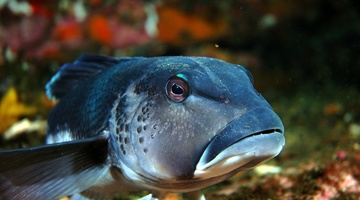
There are many marine classroom activities and resources on the Science Learning Hub useful for Seaweek 2015. This online PD session recorded on 19 February 2015 shows primary and secondary ...
READ MORE
NIWA scientist Dr Katja Riedel travels to Antarctica to collect 300-year-old ice samples. She studies the ice to learn how our atmosphere has changed over the centuries.
READ MORE
Scientists observe water in its different forms to develop explanations of how the world works.
READ MORE
Dr Katja Riedel of NIWA explains why she enjoys her research in Antarctica and what fascinates her about this place.
READ MORE

This slideshow, from the PLD webinar Tackling planning in science, provides additional support for the video tutorial. Use the Slideshow menu for further options, including view full screen, and ...
READ MORE

This interactive groups Hub resources into key science and teaching concepts. The article Climate change resources – planning pathways provides pedagogical advice and links to the New Zealand ...
READ MORE

This interactive uses information from Our atmosphere and climate 2023 – an environmental report produced by the Ministry for the Environment and Stats NZ – to present evidence of climate change ...
READ MORE